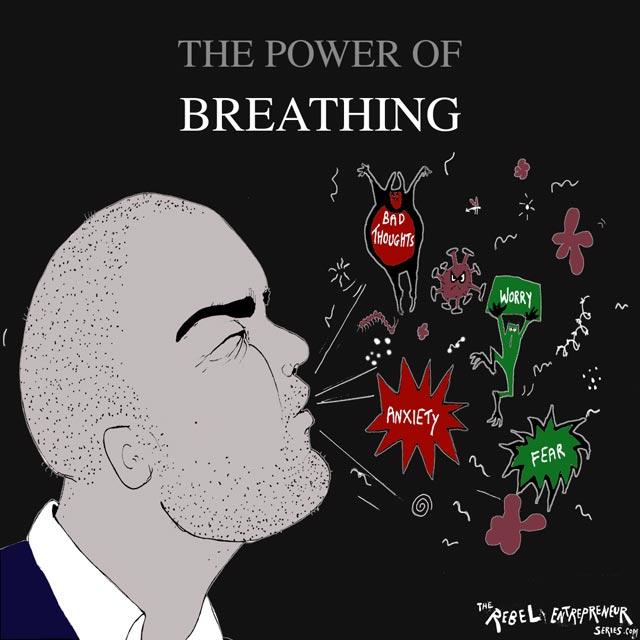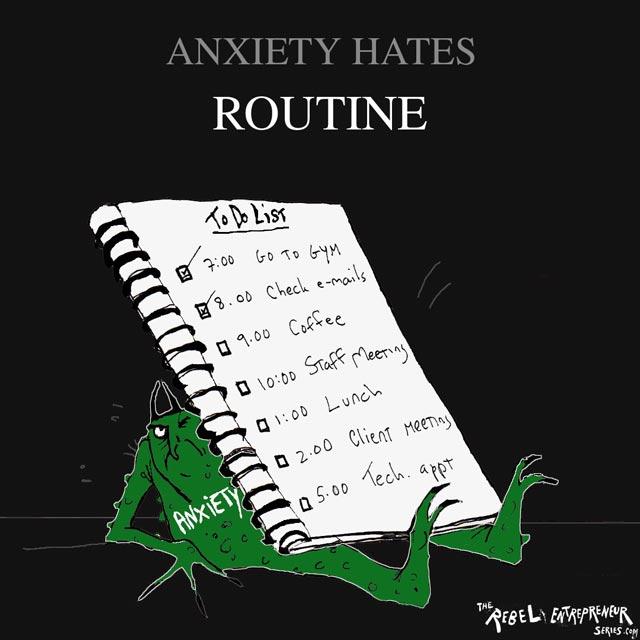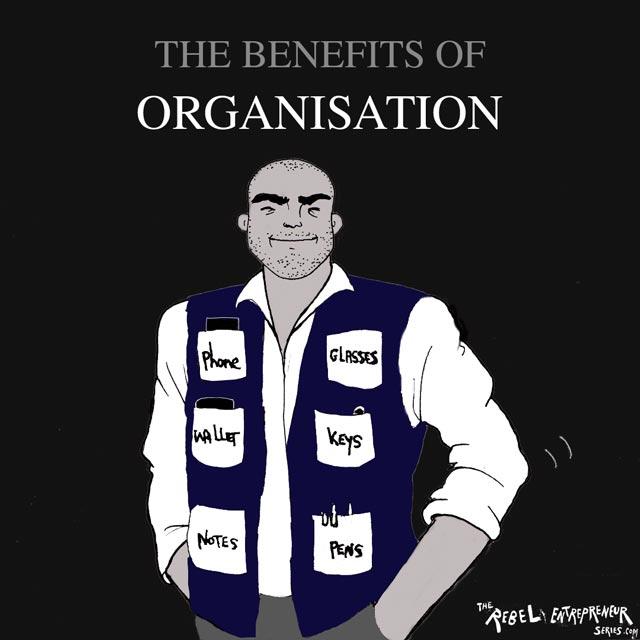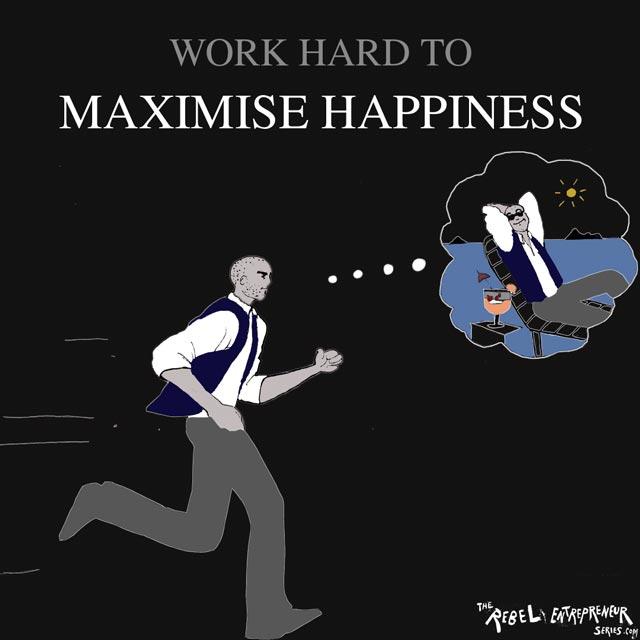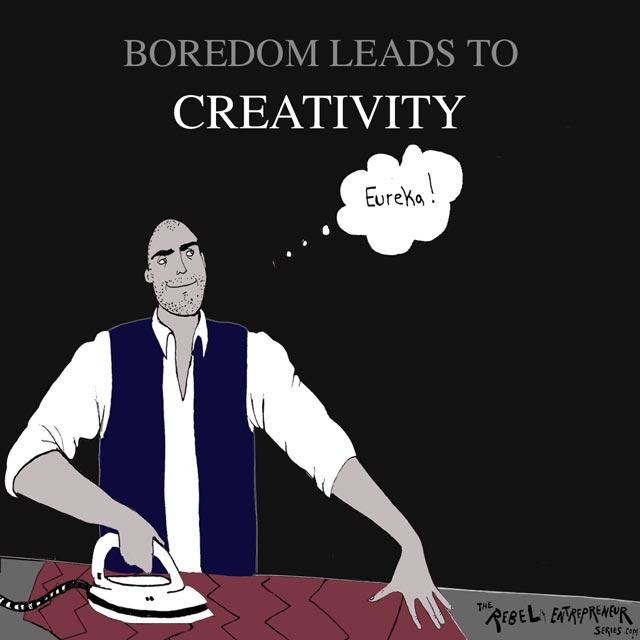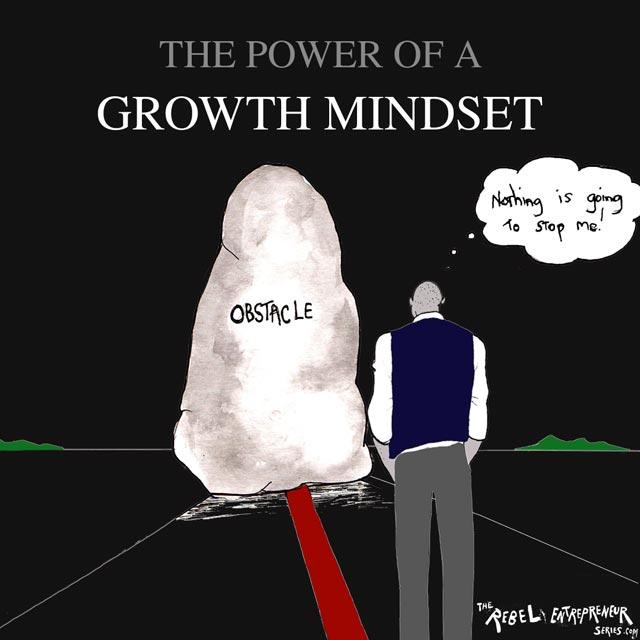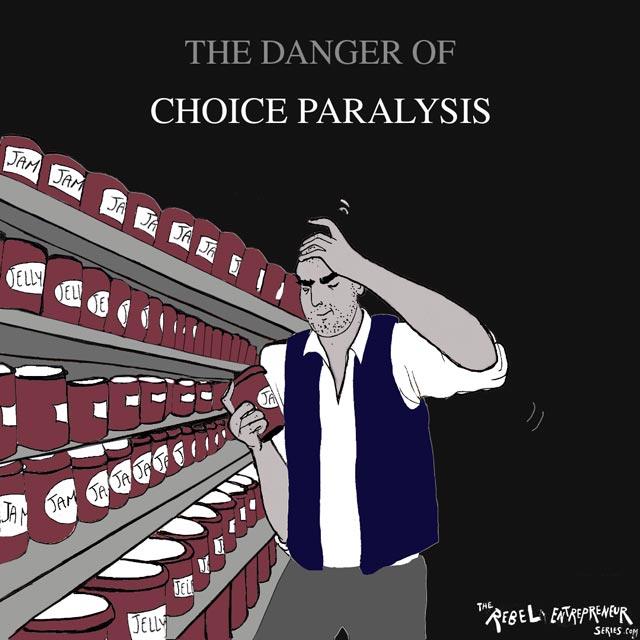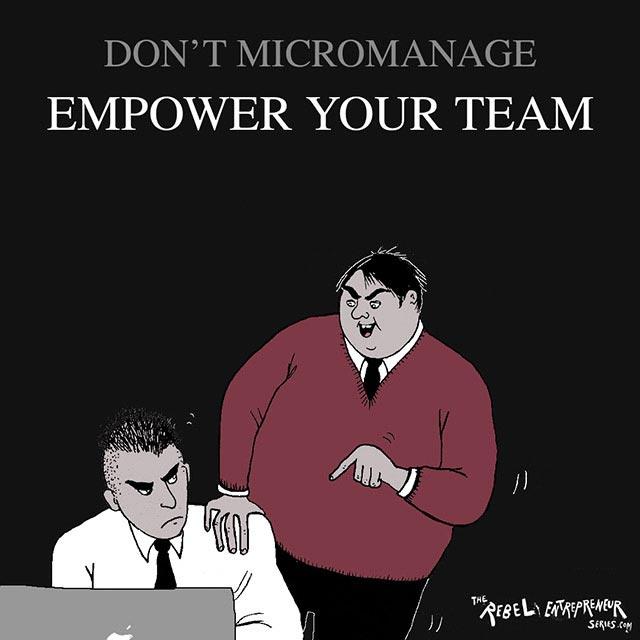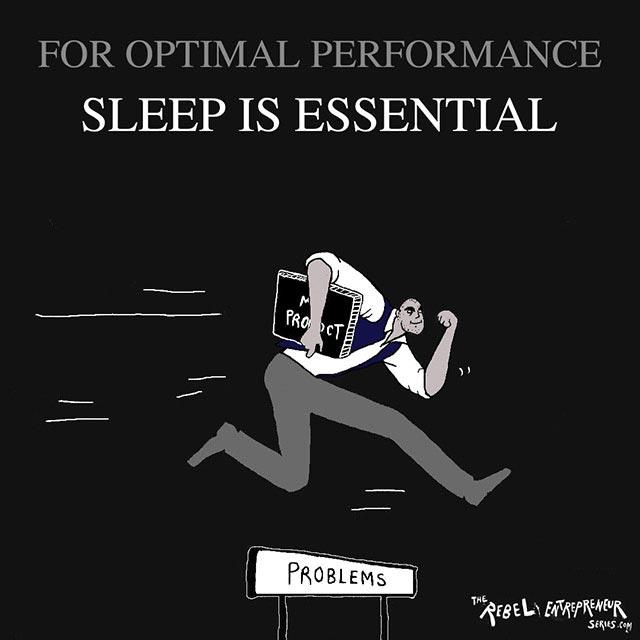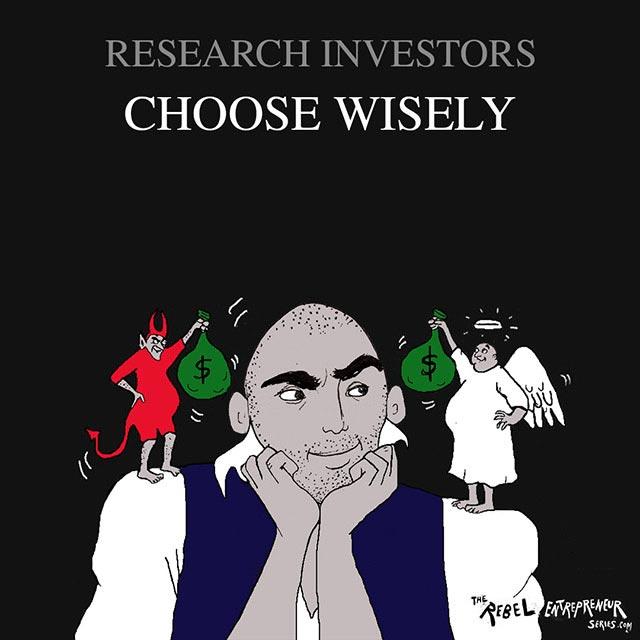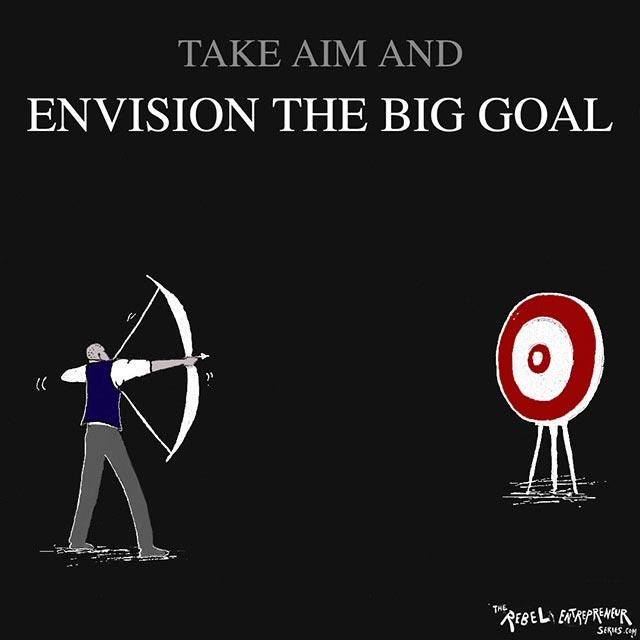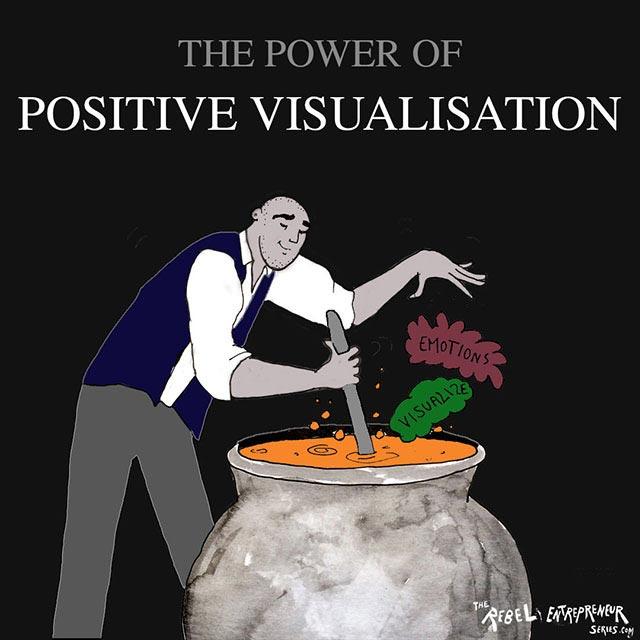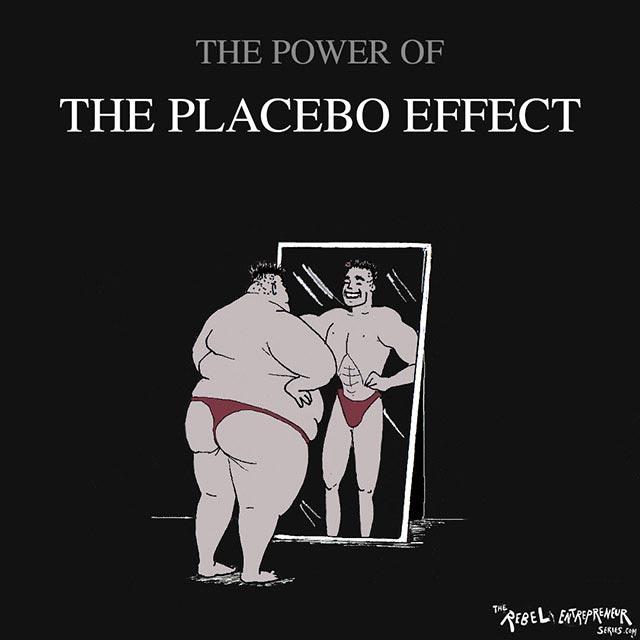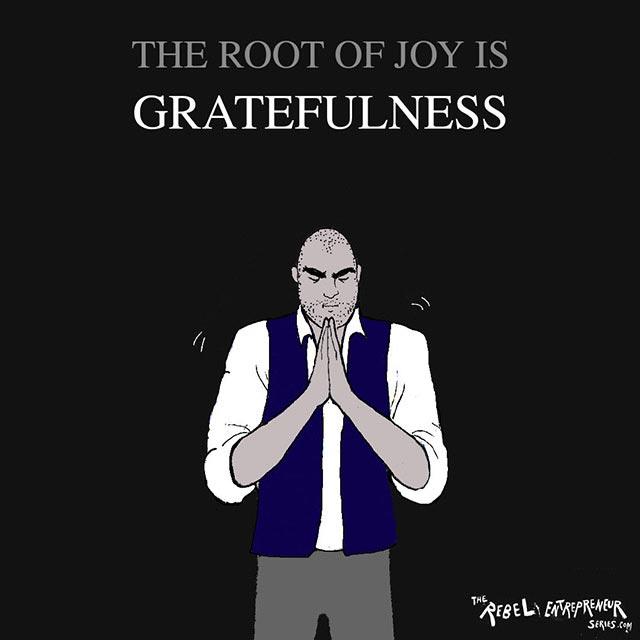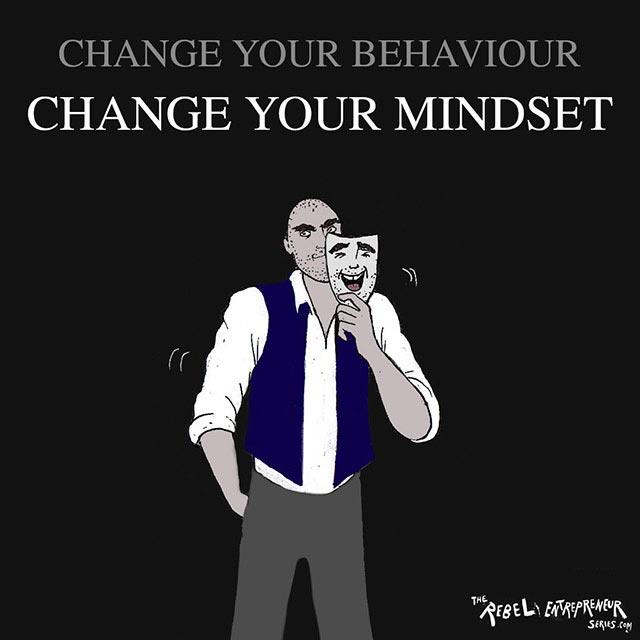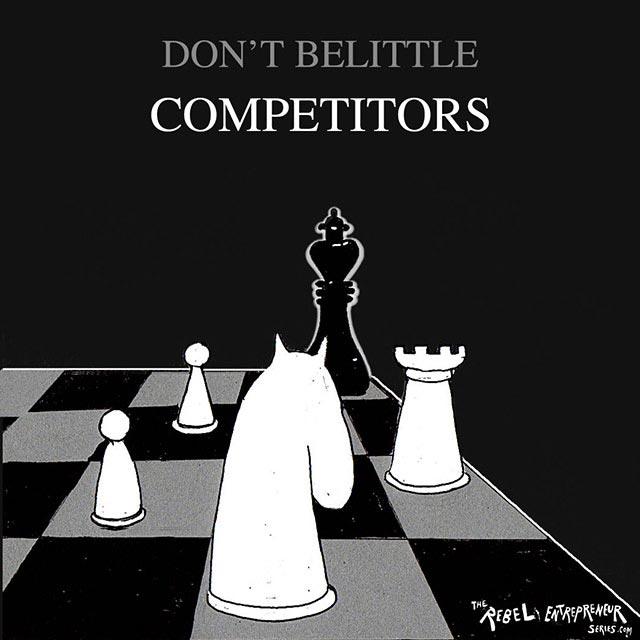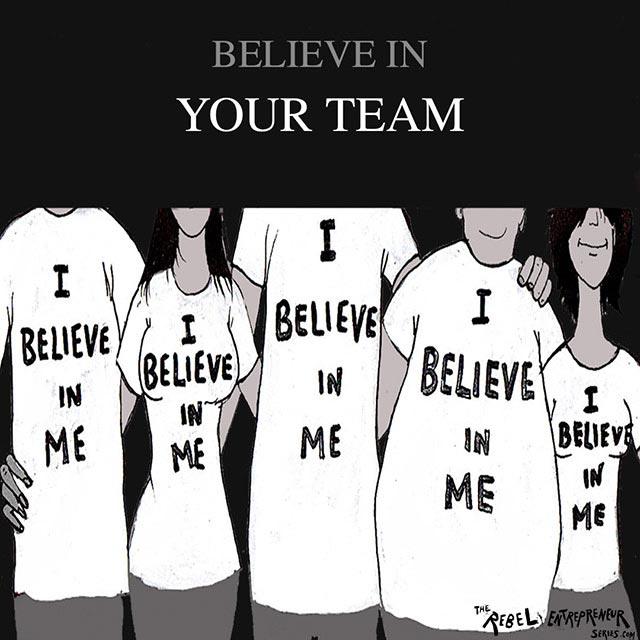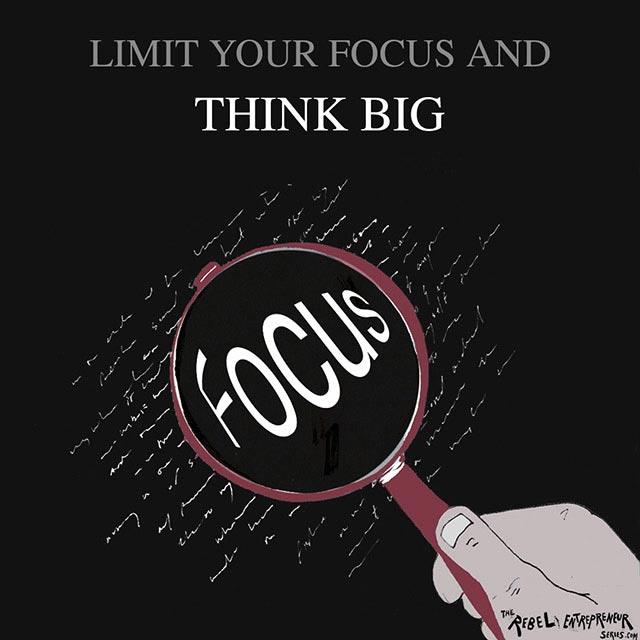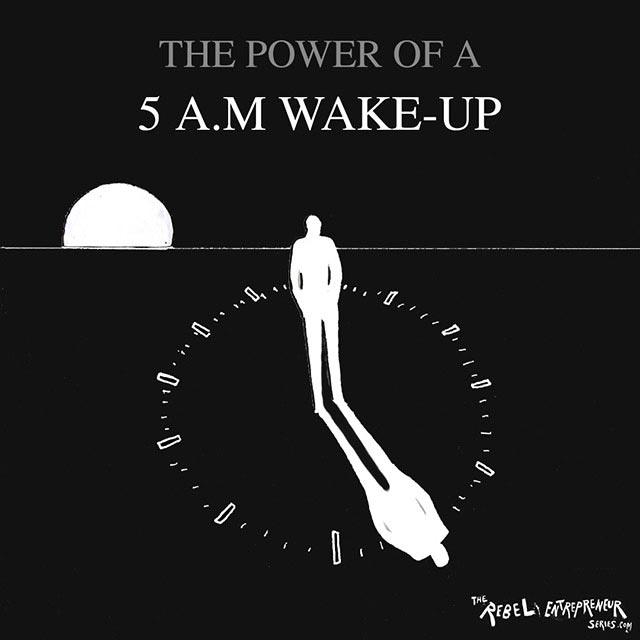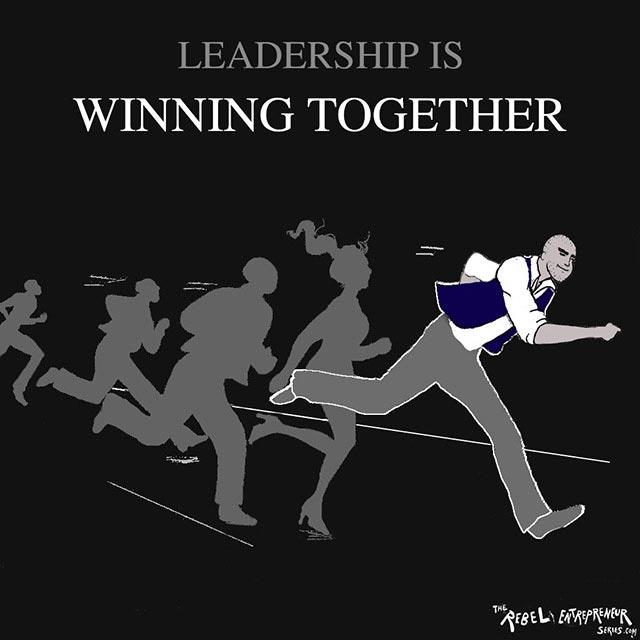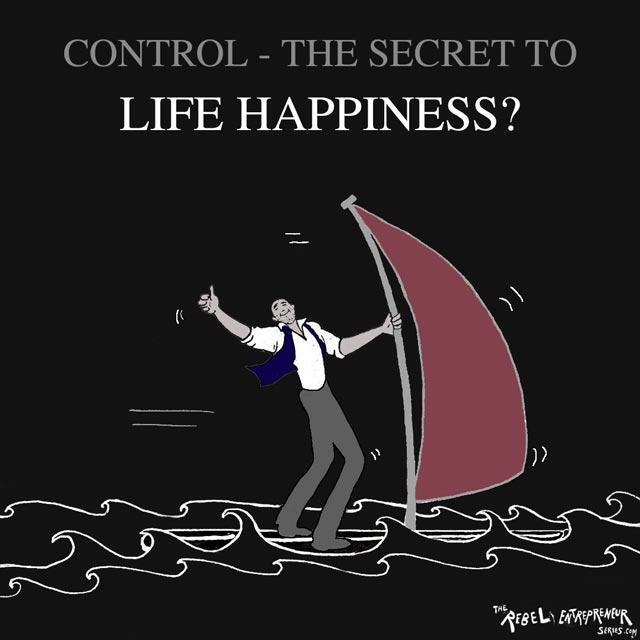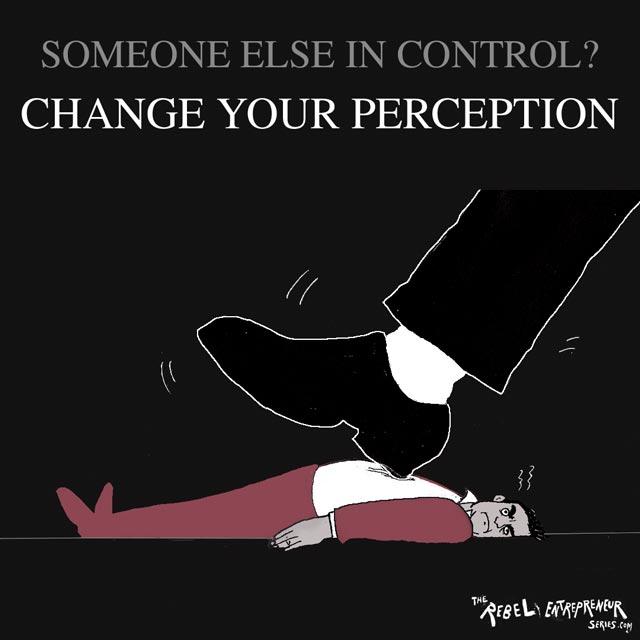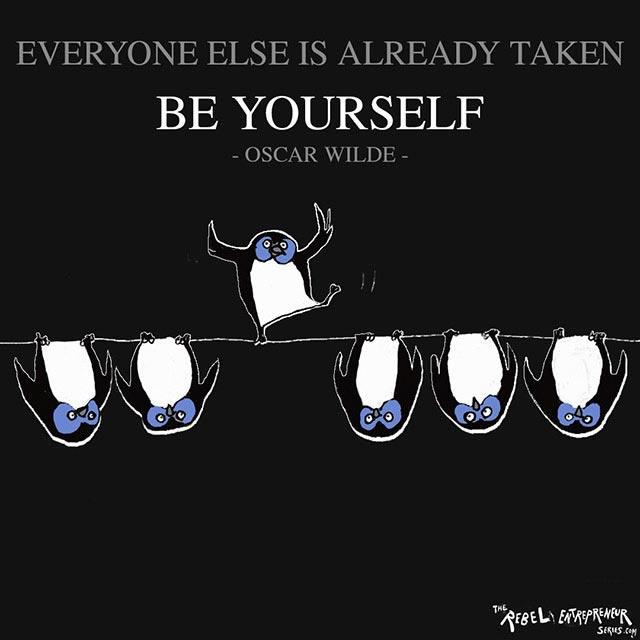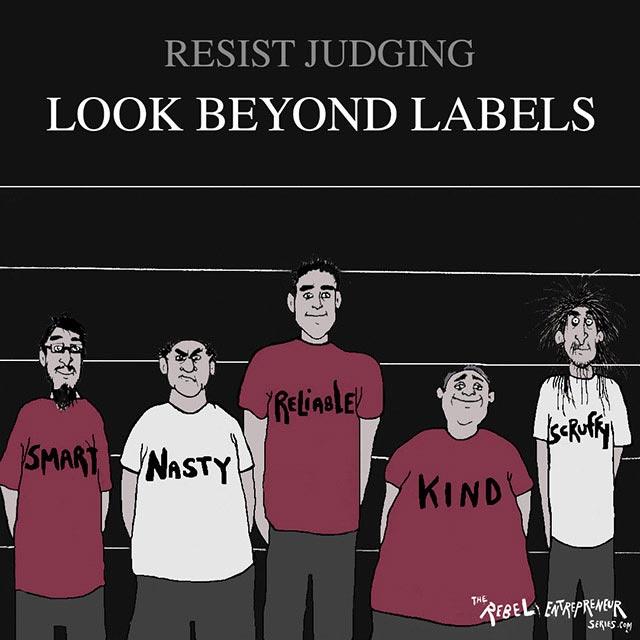Article 072: Match your dream with action

In 1990, Daniel Kahneman and Richard Thaler set out to determine how our sense of possession is ingrained into our identity. The researchers divided a class in half, and gave one group coffee mugs, and the other bars of chocolate. The group given the mugs were asked if they’d like to trade their new prize in for some chocolate, and the majority refused. Similarly, the group given chocolate were reluctant to part with the bars in exchange for the mug, even though the mug had a higher retail value. Only 10% of the students were willing to exchange their gift. The possession had become part of their identity.
The study illustrated a phenomenon known as the endowment effect. When the human brain registers something as a possession, it forms a strong bond with it to the point that the possession becomes an inherent part of their identity. When we identify something as ours, we become attached to it and as a result, we are reluctant to give it up, even if it’s not within our best interests.
The endowment effect means that we value and gravitate towards what we feel we’re worth. This self-worth has an impact on the realisation of our goals. For instance, if a millionaire loses all his money he is usually able to get back really fast. Conversely, statistics show that lottery winners spend their money very quickly. One study in Florida found that 70% of lottery winners had gone broke after five years.
The endowment effect is useful when it comes to achieving our goals. It’s important to dream big and maintain the bigger picture until it becomes second nature. If you are truly passionate about your end-goal, your brain will interpret its fulfilment as an essential part of your identity.
When we focus on a single, all-encompassing goal – and match that dream with action – the endowment effect will already have been triggered, and the subconscious will be prepared to make that goal happen.
For a rebel entrepreneur, they give gratitude for achieving their goals, even if they haven’t been fully realised yet. They identify with their dreams so strongly that their fulfilment is not a desire or a want but a psychological necessity.
PLEASE LIKE HERE


